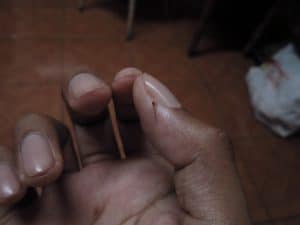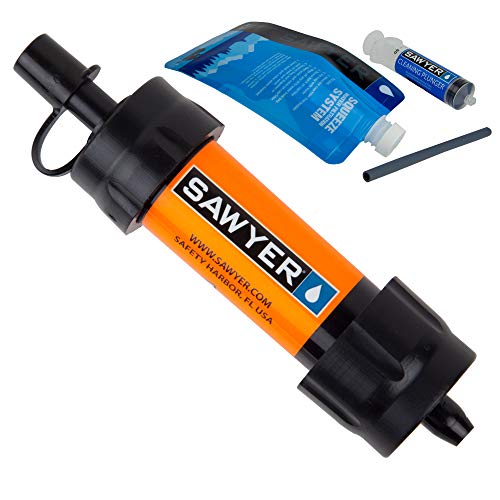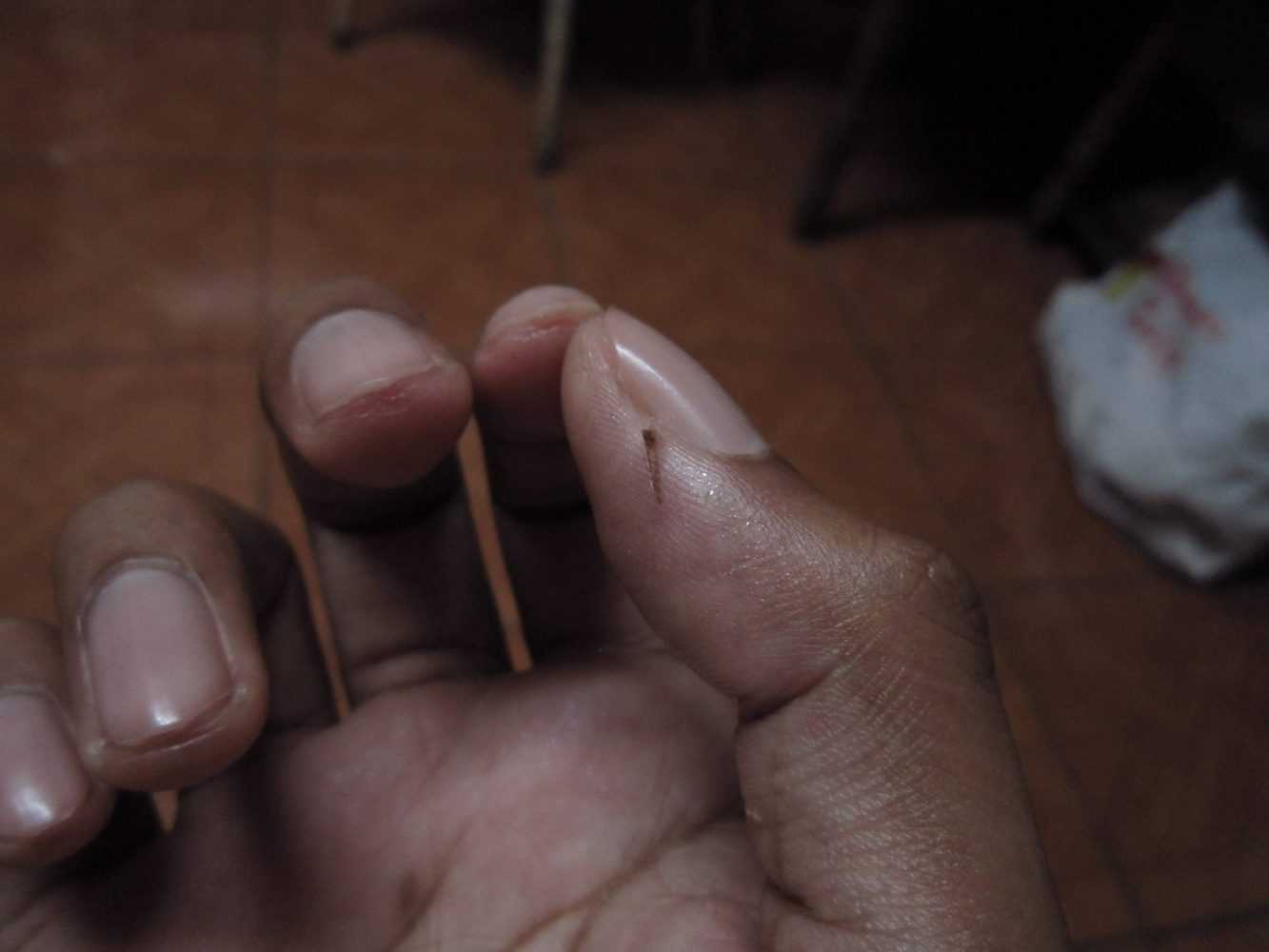The answer to whether or not human feces can be fatal may surprise you. For many years, the presence of deadly diseases in human waste has been a major health concern and caused panic for some individuals who are worried about coming into contact with it.
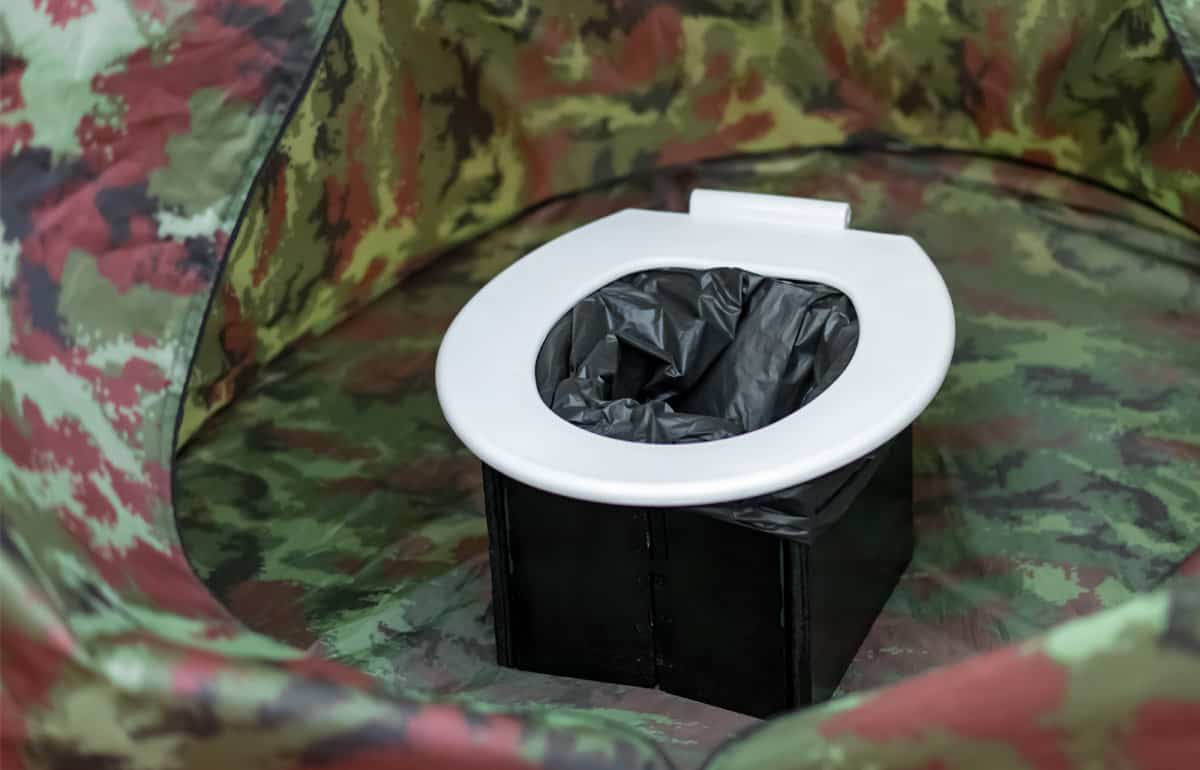
However, it is important to understand that while there is a certain level of risk associated with exposure to human waste, the risk of death from feces is low overall. In this article, we will explore the potential risks involved with coming into contact with human feces and discuss how they can be avoided when you are camping outside.
Understanding the Potential Health Risks of Human Feces
Human feces, or stool, is the waste product of digestion and consists of undigested food, bacteria, mucus and dead cells. It can range in color from yellow to green to brown depending on diet and other factors. While it’s unpleasant to think about and generally considered a health hazard, fecal matter does not typically pose a serious threat to human life.
That being said, there are certain health risks associated with exposure to human feces. These include the transmission of infectious diseases such as cholera, typhoid fever, hepatitis A and E. coli infections caused by contact with contaminated soil or water sources that contain fecal matter. In some cases ingestion of fecal material can lead to severe illnesses including meningitis or gastrointestinal problems which could be fatal if left untreated.
Why You Should Be Careful of Handling Human Feces when Camping
When camping, human feces needs to be handled with extreme caution. If not disposed of properly, it can contaminate nearby water sources and lead to serious illnesses in humans and animals. The Center for Disease Control (CDC) warns that human waste contains numerous pathogens including E-coli, Salmonella and other bacteria which could cause disease if ingested.
In addition, when camping near water sources like rivers or lakes, where people may swim or take a dip, improper disposal of human feces can significantly increase their risk of infection from fecal matter in the water. To ensure safety while camping and reduce the risk of illness or contamination from human waste, it is important to follow all guidelines regarding its proper disposal.
Fun Outdoor Quiz
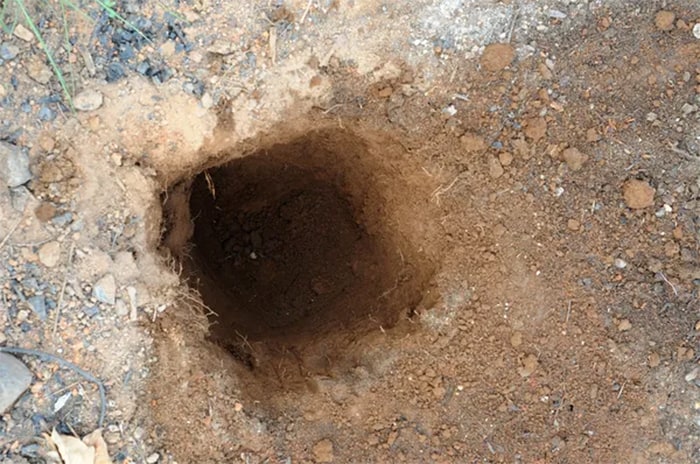
What Is the Correct Way to Dispose of Human Feces when Camping?
It is important to properly dispose of human feces to prevent pollution of water sources and to maintain a clean and sanitary campsite. Here are some guidelines to follow:
- If possible, use a toilet or restroom facility at the campsite or nearby area.
- If a toilet is not available, bury your feces in a hole at least 6 inches deep, at least 200 feet away from any water source.
- If you are in a backcountry area without access to a toilet or burial site, use a portable toilet or “wag bag” to collect your feces. These bags are designed to contain waste and prevent contamination of the environment.
- After using the portable toilet or wag bag, pack it out with you and dispose of it properly at a designated waste disposal site.
- Always wash your hands with soap and water after using the toilet, burying your feces, or handling a portable toilet or wag bag.
By following these guidelines, you can help protect the environment and maintain a clean and sanitary campsite for yourself and others.
Can Human Feces Kill You?
Ingesting human feces can be dangerous because it can contain harmful bacteria and parasites. It is possible for these microorganisms to cause infections and diseases, some of which can be life-threatening. However, the risk of death from ingesting human feces is very low.
Direct Contact with Feces
Direct contact with human feces is a major risk factor for severe health complications. Even the slightest amount of contact can put people at risk, especially if they have any pre-existing health conditions. When in contact with human waste, it’s important to use protective gear such as gloves, face masks, and safety goggles to minimize exposure and protect yourself from potential harm.
These illnesses are caused by ingesting or coming into direct contact with bacteria found in fecal matter which can enter the body through open wounds. People may also become infected by breathing in airborne particles from animal feces that contain these dangerous pathogens.
Ingestion of Contaminated Food or Water
Ingesting fecal matter introduces bacteria into your body, which can disrupt the natural balance of healthy bacteria found naturally in your digestive tract. This disruption can result in uncomfortable symptoms such as nausea, vomiting, diarrhea and abdominal pain.
Ingestion of human waste-contaminated food or drinks could also cause more severe reactions such as dehydration and low blood pressure due to fluid loss. In the worst cases it can even lead to death if not treated immediately with proper antibiotics.
How Can You Protect Yourself from The Dangers of Human Feces?
Having proper knowledge about human feces and how to protect oneself from potential risks is essential for everyone. While the topic may be uncomfortable to discuss, it is important to know how to safeguard against the many dangers associated with contact with human feces. Below will discuss some tips can be taken to minimize risk.
Practicing Good Hygiene and Sanitation
First of all, it is important to regularly wash your hands with soap and warm water, especially after using the toilet or before handling food. Additionally, wearing gloves when cleaning up after other people’s waste is a good idea since it prevents contact with any potential hazardous materials. It is also advisable to avoid swimming in natural bodies of water where fecal matter may be present, as well as disposing of human waste properly in designated areas away from drinking sources.
Avoiding Contact with Feces, Especially in Areas with Poor Sanitation
Poor sanitation and the lack of proper waste disposal can make contact with human feces a real possibility. Campers must be aware of the dangers associated with fecal contamination and take steps to minimize their risk in areas that may not be well-maintained.
The first step in avoiding contact with feces while camping is to choose a spot that has good sanitation practices. This means looking for sites that have established toilets, trash cans, and other amenities like bathrooms equipped with running water, soap, and hand sanitizer. Campers should also research local regulations regarding wastewater management before they set up camp.
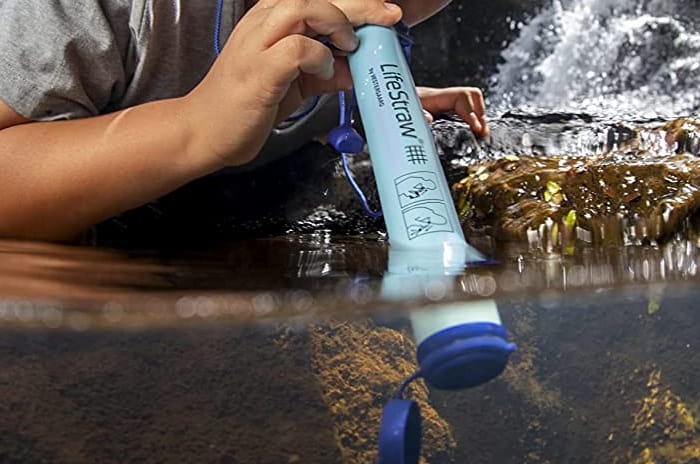
Use Water Filters For Outdoor Uses
Camping can be a great way to enjoy the outdoors, however it is important to take measures to protect yourself from the dangers of human feces. Human waste can contain harmful bacteria and other pathogens that can lead to health complications if ingested. One of the best ways to protect yourself from these potential risks is by using water filters.
Water filters are an effective way of removing unwanted contaminants from your drinking water, including those found in human feces such as E. coli and Cryptosporidium. By using a filter like Lifestraw or Sawyer that has been designed for outdoor use, you are ensuring that your water is free from any potentially dangerous microorganisms before consuming it.
Last update on 2024-04-19 / Affiliate links / Images from Amazon Product Advertising API



